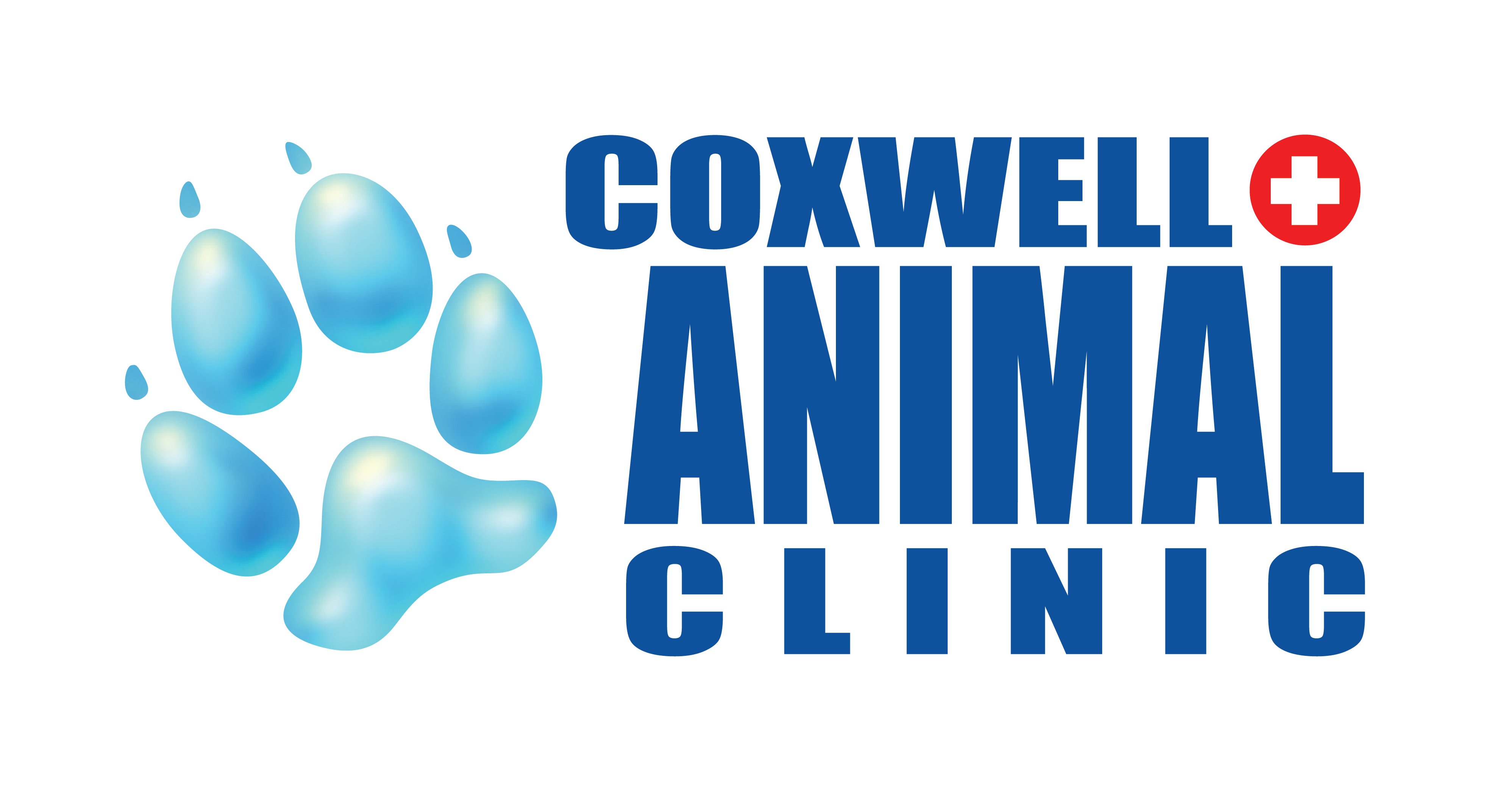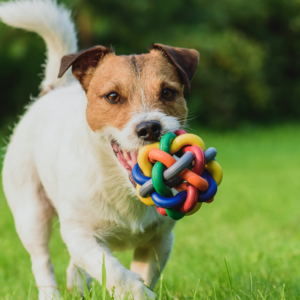Animals, like us, can develop immunity to disease through one of two ways. The first is to have contracted the disease itself and recovered, creating antibodies against the disease naturally. The second way is through vaccination. What vaccines do is to stimulate the body’s immune system to create these antibodies against a specific disease with the animal having to have gotten ill first. The diseases that we vaccinate for are the ones that make our pets extremely ill, are highly contagious and/or have a high fatality rate.
vaccine blog
When a puppy or kitten is born, a temporary immunity is received from their mother’s, via the placenta and the milk. This gives the babies animals time to grow a bit before requiring vaccination. If immunization isn’t started between 8 – 12 weeks of age, the little ones will be susceptible to all manner of illness. This is why vaccines start so early. At 6-8 weeks of age, the vaccines are given in a series to make sure that their immature immune systems are able to properly identify the disease and are able to protect themselves should they encounter it. It is important to note that young pets are not immune until they have completed the entire series of vaccines. Also, vaccines need to be renewed from time to time, as they decline in potency after a while. This means that a “booster” vaccine should be given at regular intervals to ensure that the immune system is readily stocked with antibodies. As a side note, though vaccines may seem expensive, think of them as an investment, as they are far less expensive than the treatment of the diseases themselves (if treatments are even possible.)




